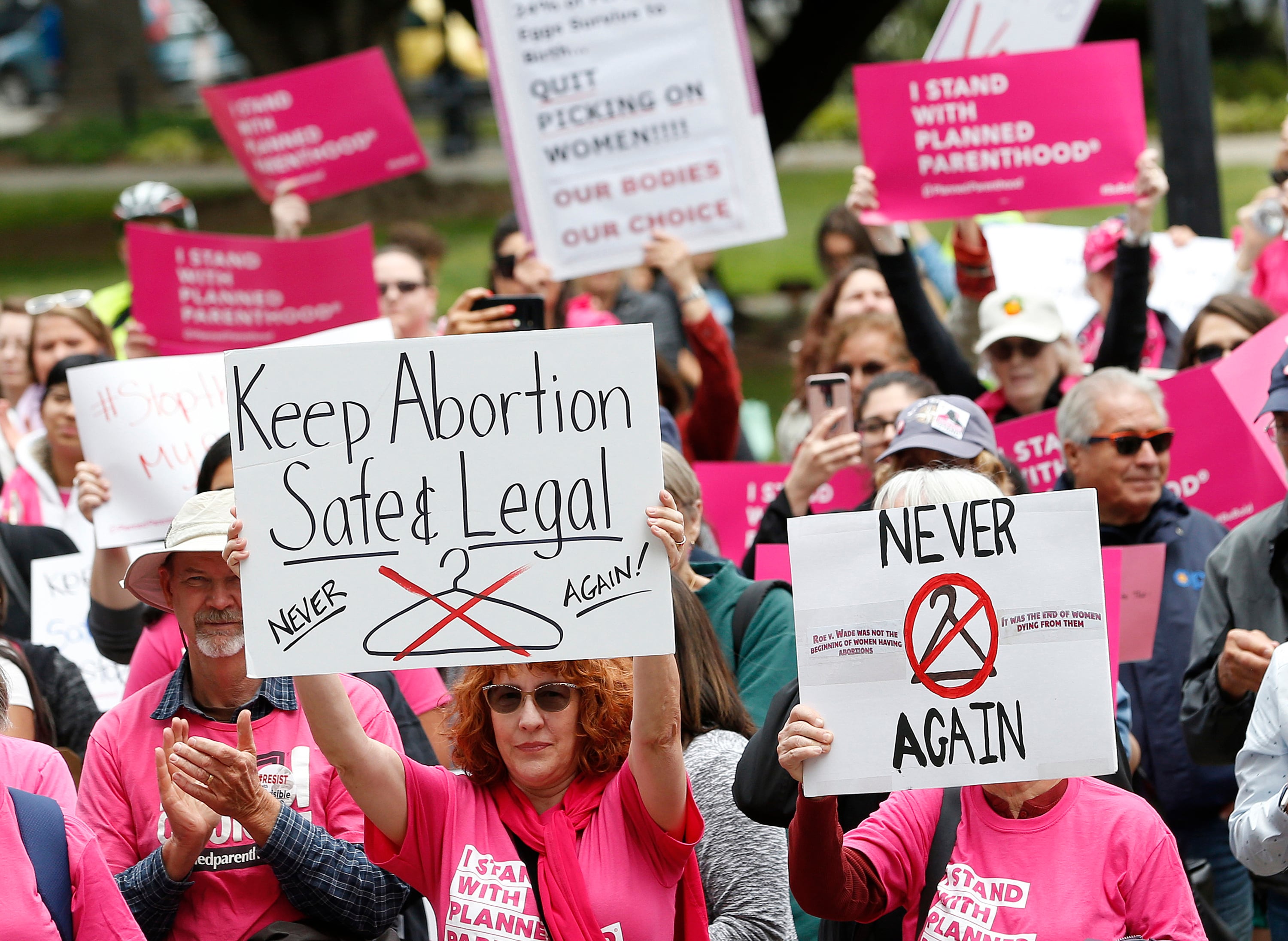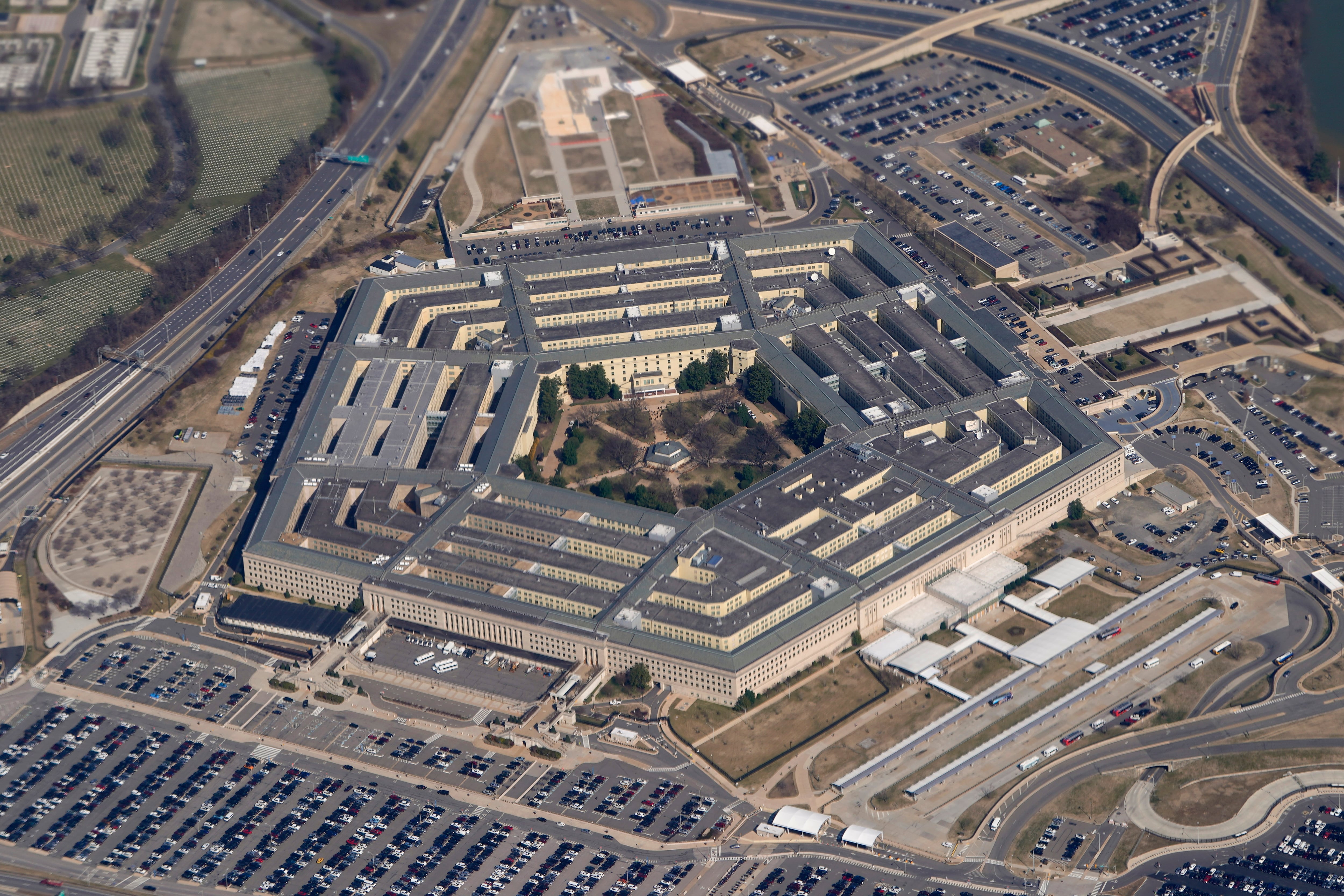This story was updated at 3:45 pm EDT.
Junior enlisted troops could see their monthly pay boosted by up to 35% next year under a massive rewrite of the military’s pay tables proposed under a House Republican defense appropriations plan released Wednesday.
The move would guarantee that even the lowest-ranking service members would make at least $31,000 annually in base pay — roughly equivalent to a $15-an-hour wage. Troops also receive other financial compensation in the form of housing stipends, free health care coverage and food stipends.
The proposal — which still has to survive numerous rounds of negotiations on Capitol Hill — comes in direct response to concerns that thousands of military families are living at or below the federal poverty line, struggling to keep up with rising inflation costs.
RELATED

But other junior enlisted troops would benefit from the plan as well. Most troops ranked E-5 and below would see boosts under the budget plan. An E-3 with three years service would see his or her annual salary jump from just under $31,000 to more than $35,000 under the plan. An E-4 with six years in service would see annual pay go from about $36,500 to $38,500.
Those pay boosts are separate from a proposed 5.2% pay raise for troops starting next January, meaning that the affected enlisted troops would see an even bigger increase in their take home pay.
But the costs of the plan are unclear. Senate Democrats and White House officials have not indicated whether they will go along with the proposal, or if the money needed to pay for it may cut into other federal programming priorities.
Linked to legislation the Biden White House would likely veto
The pay table overhaul is included in a GOP-written budget plan that also bans the Defense Department from providing abortion assistance to troops, medical care to transgender individuals or diversity training to anyone. Those items are unlikely to gain any support from Democratic lawmakers, putting the future of the whole bill into question.
Junior enlisted pay has been a major focus of lawmakers in recent years. As many as 22,000 active-duty military service members and their families qualify for federal food assistance, earning so little that they are at or below the federal poverty line, according to past government studies.
Last week, lawmakers on the House Armed Services Committee unveiled plans for monthly bonus pay for troops rank E-6 and below next year, to be awarded “as economic conditions dictate.” The exact amounts would be determined by Pentagon officials after passage of the legislation.
Overhauling the military pay tables could minimize the need for those bonuses. Under the appropriations proposal, troops ranked E-1 with at least four months service would see their yearly basic pay increased by more than $8,000 under the changes, a huge financial boon for those families.
RELATED

Even with the increases, however, most enlisted troops would still earn significantly less than officers. An O-1 with less than two years of service earns about $43,500 annually.
The budget bill — scheduled to be debated behind closed doors by the House Appropriations panel on Thursday and publicly later in June — calls for $826.5 billion in defense spending for fiscal 2024. That matches the levels agreed upon by White House negotiators and House Republican leaders earlier this month.
Senate appropriators have not yet offered their Defense Department funding plans for fiscal 2024, or signaled if they will have similar changes to military pay tables next year. Both chambers must agree upon a new spending plan for the military by Oct. 1 or risk a partial shutdown of defense operations and programs.
Leo covers Congress, Veterans Affairs and the White House for Military Times. He has covered Washington, D.C. since 2004, focusing on military personnel and veterans policies. His work has earned numerous honors, including a 2009 Polk award, a 2010 National Headliner Award, the IAVA Leadership in Journalism award and the VFW News Media award.





